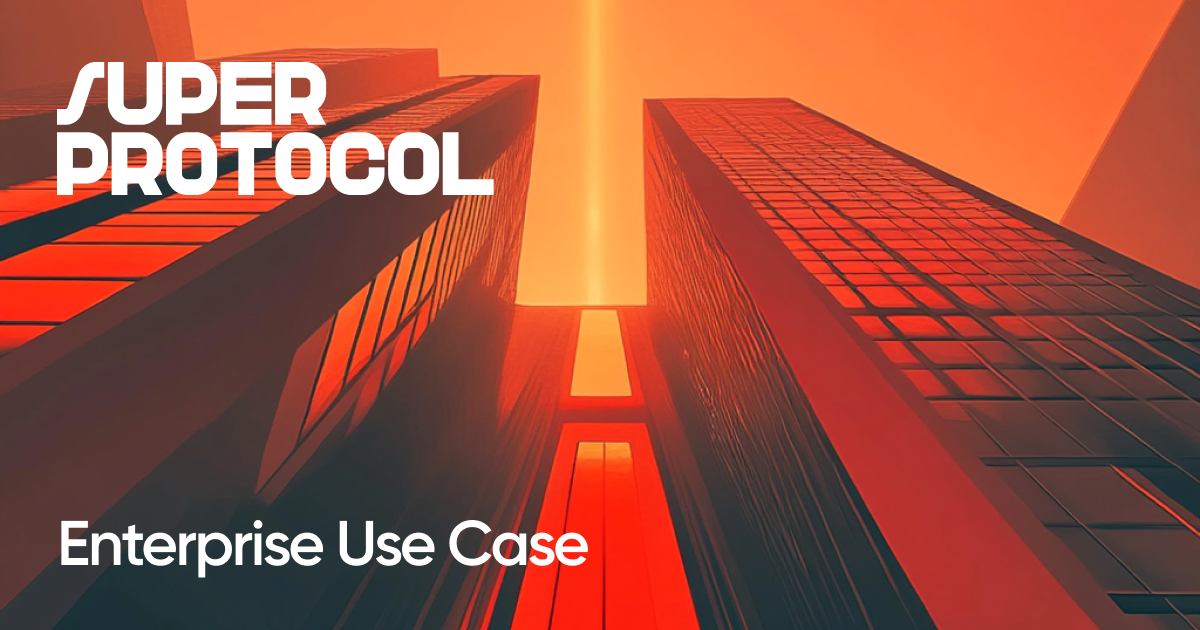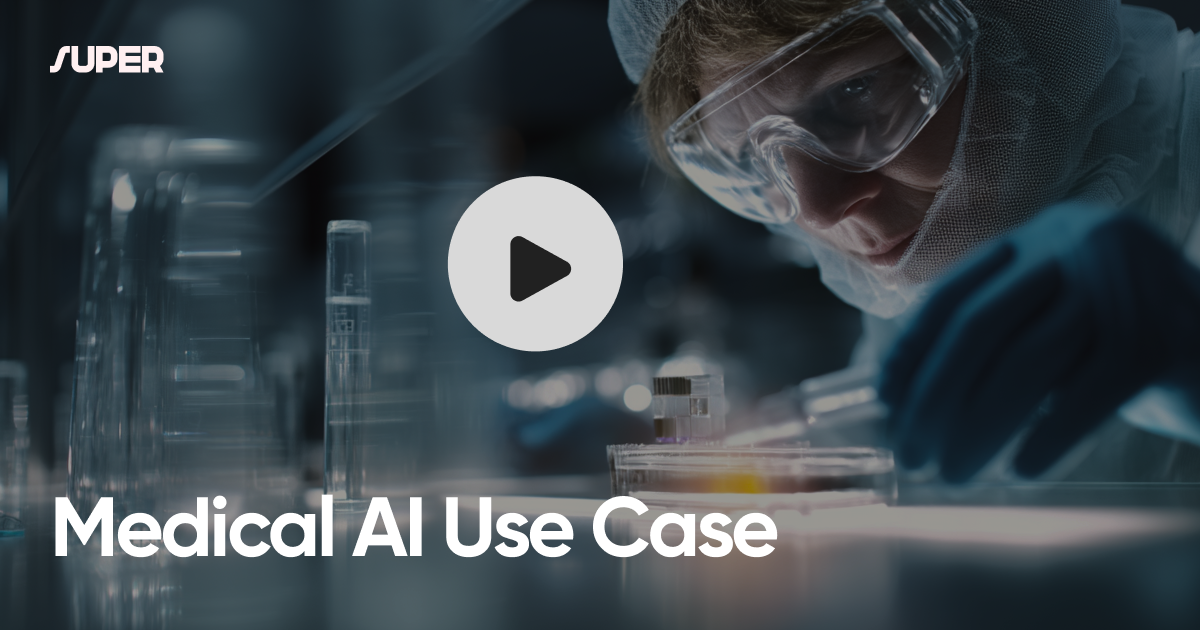
Brightflag Develops an AI Legal Assistant for Corporate Law at Lufthansa
How Brightflag's AI Legal Assistant helps Lufthansa's legal department automate routine tasks while ensuring the security of confidential legal documents through confidential computing.
Super Team
In 2025, Brightflag announced the development of AI Legal Assistant, an intelligent legal assistant designed to optimize the work of legal departments in large corporations. One of the first companies to test this technology was Lufthansa, a global Airline.
The Solution and Its Capabilities
Brightflag's AI legal assistant was created to automate routine tasks such as:
- Contract analysis and risk identification
- Regulatory compliance checks
- Legal document preparation
- Generating responses to common legal inquiries from employees
This AI-powered solution promises to significantly reduce the time legal professionals spend on repetitive tasks, allowing them to focus on more complex and strategic legal matters.
Problem: AI Agent Access to Confidential Data
For AI Legal Assistant to function effectively, it needs to be trained on Lufthansa's internal legal documents, including:
- Contracts with suppliers and clients
- Regulatory reports
- Internal legal correspondence
However, granting artificial intelligence full access to this data poses significant risks: potential leaks of confidential information, unauthorized access by third parties, non-compliance with data protection regulations, and data compromise risks when using cloud infrastructure.
The challenge lies in balancing the need for AI to access real-world legal documents while ensuring that sensitive corporate information remains secure and protected.
Solution: Using Confidential Computing
To mitigate these risks, Brightflag and Lufthansa can leverage Confidential Computing — a technology that enables processing sensitive data in an encrypted environment, ensuring that even cloud providers do not have access to raw information.
Key Security Features:
-
Data Isolation — AI Legal Assistant is trained in a secure enclave, without direct access to real legal documents.
-
Encryption During Processing — Data remains encrypted even during analysis and response generation.
-
Access Control via Smart Contracts — Permissions for different levels of access are managed through decentralized policies, removing human trust dependency.
-
Hybrid Deployment — The AI assistant can operate within the company's perimeter, preventing critical data from being exposed to public cloud infrastructure.
Benefits for Corporate Legal Departments
By implementing Confidential Computing in their AI Legal Assistant, Lufthansa can:
- Automate routine legal tasks without compromising data security
- Ensure compliance with data protection regulations like GDPR
- Maintain attorney-client privilege while leveraging AI capabilities
- Protect sensitive business information from unauthorized access
Conclusion
The collaboration between Brightflag and Lufthansa demonstrates how Confidential Computing can enable the use of advanced AI technologies in highly regulated environments. By creating a secure framework for AI to interact with sensitive legal data, companies can benefit from AI-driven efficiencies while maintaining the highest standards of data security and confidentiality.


